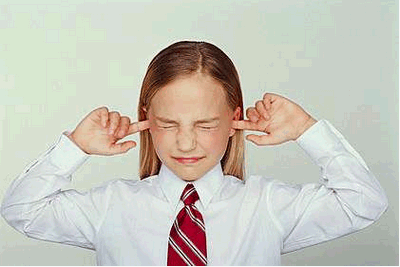Wednesday, September 2, 2009
Why Do We Care, Or Not?

- So far, 34 people have died in today's earthquake.
- In the last 6 years, at least 300,000 people have died and 3 million have been forced to leave their homes because of their ethnicity.
- More than 1,300 children have abnormally high levels of lead in their system due to the malfeasance of 8 local factories.
- Five years ago this week, 334 people, 180 of them children, were killed following a three day hostage-taking standoff at a school.
- A kidnapped girl reappeared after being missing 18 years.
Now, let's be honest. Which one of these incidents did you instantly recognize? Which ones did you say, "Wait, where did that happen?"
"Where did that happen," is often our instant reaction to bad news. And, on the whole, that's not an unreasonable question. If there is a major earthquake at my parents' house, for example, I really would like to know that (and it would really be big news, since major earthquakes are not frequent in Massachusetts). It seems straightforward and understandable that we want to know whether people we know and love may be in trouble.
If you don't have any relatives or friends in, say, California or Indonesia, for example, why do you care where today's earthquake was? But you probably do. There are two explanations for this phenomenon, one more palatable than the other.
The first explanation is that you simply are trying to reassure yourself that not only are your loved ones safe, but that something like this will not happen to you or your loved ones in the future. An earthquake in California makes us feel, somewhat irrationally, like an earthquake in Massachusetts is more likely. Certainly a hostage siege in a school in California makes us worry about security in American schools.
The second explanation, which is a little harder to swallow, is that this is not actually about location, but about "alikeness." When things happen to people "like us" it makes us feel less safe -- and less compassionate -- than when they happen to people who we think are not "like us." On some level, we even come to imagine that events that would absolutely devastate anyone in this country are not so upsetting to people elsewhere, particularly in non-European, non-prosperous countries. Somehow, "they" must be used to it. We may not say these things out loud, or even think them consciously, but they resonate with us. Call it racism, call it xenophobia, call it American self-centeredness, but we just do not care nearly as much about trauma that happens in other parts of the world.
- Today's earthquake was in Indonesia. It's not even the top story on CNN as of 12:30 this afternoon. Imagine what the coverage would be if it were in California.
- The genocide in Darfur, Sudan, is something we know about but which gets next to no daily coverage, nor most people's attention, in this country.
- The factories in China have been shut down until they comply with safety standards. It's not a "top story" in this country.
- The siege in Beslan, Russia, caught our attention as it was happening and quickly faded from memory.
- Imagine what the coverage would be of Jaycee Lee Dugard's story if she were in Senegal, or China, or Belize. Imagine what it would be if she were African-American.
Subscribe to:
Post Comments (Atom)
Meet the Quarterback

- Naomi Zikmund-Fisher
- is a clinical social worker, former school Principal and a Crisis Consultant for schools and community organizations. You can learn more about her at www.SchoolCrisisConsultant.com
Contact the Quarterback
Monday Morning Crisis Quarterback on Facebook
Subscribe via email
Quarterback for Kindle
Blog Archive
-
▼
2009
(185)
-
▼
September
(28)
- Earthquakes, Tsunamis and Typhoons, Oh My!
- What Makes Something Important?
- Can We Forget for a Minute?
- The Devil You Know
- Domestic Violence and Suicide Among Our Finest
- Death By Politics, Fear By Media
- Dying on the Phone: The Georgia Floods
- Another Family Gone
- Can We Have Our Tragedy Back Now?
- Is it Ever OK to Lie to Prevent Panic?
- Do Now, Blame Later: Phillip Arnold Paul on the L...
- Sometimes trauma has a Little t
- Tashawnea Hill: Won't Somebody Think of the Child...
- Driving a Desk
- Violence on Campus
- How Do Little Kids Understand Tragedy?
- Update: Annie Le
- Annie Le's Wedding Day: Who Could We Help, and How?
- Terror(?) on the Potomac
- The Trauma of the "Other Side"
- Eight Years Out
- Stephen Farrell: Survivor's Guilt, Survivor's Anger
- Asa Hill's Legacy
- Ready, Set, Swine Flu!
- Who Owns Your Death?
- The Georgia Murders
- Sometimes a Campus Shooting is Just a Shooting
- Why Do We Care, Or Not?
-
▼
September
(28)



0 comments:
Post a Comment